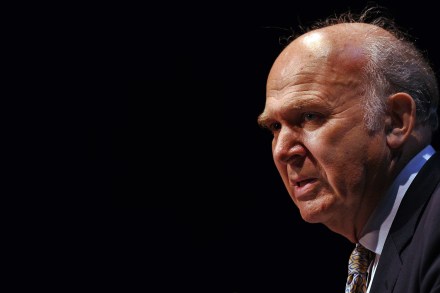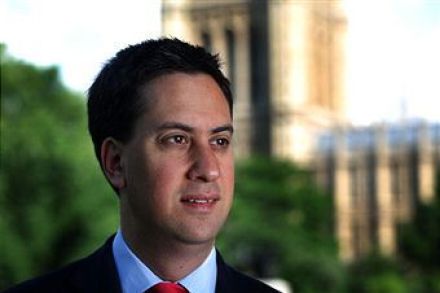The scale of IDS’ and Gove’s challenge
Yesterday was a day of weighty reports. At 700 pages, the Equality and Human Rights Commission’s ‘How Fair is Britain?’ won the thoroughness stakes. Aside from the usual findings that a disproportionate number of young black men are imprisoned and that the white working class is outperformed at school by Indian and Chinese migrants, it made some telling discoveries. The report found that a staggering 50 percent of Muslim men and nearly 75 percent of Muslim women are unemployed in certain regions. No clues as to where, though the reasons as to why should now be familiar: the figures correspond with the Centre for Policy Studies’ view that Britain has














